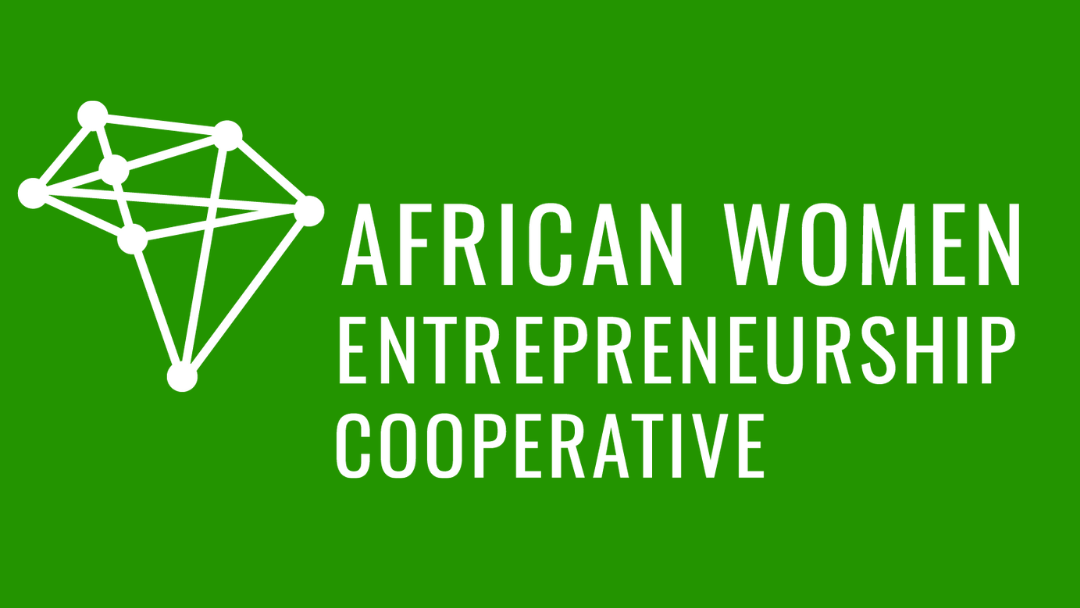AWEC Mentor Spotlight: Kudzayi Nheweyembwa -Supporting Women Entrepreneurs on Their Journey to Success
A strong business mentor can be a catalyst not just for an entrepreneur’s survival, but for growth. According to SCORE, a US-based volunteer business network, 43% of entrepreneurs report business growth as a result of mentoring. While mentors are not there to solve problems, they often inspire their mentees to find their own answers.
Mentorship is a key component in AWEC’s programming and we recently spoke with Kudzayi Nheweyembwa, General Manager for Hilton Garden Inn in Zambia, to hear about his 3-year AWEC mentoring journey and some of the insights he has gained from being a mentor.
A native Zimbabwean, Kudzayi was selected for the prestigious Hilton Elevator Program, which provides on-the-job training that equipped him to build a career in the hospitality industry, leading him to be tapped to open the first Hilton property in Zambia in 2017. He attributes his personal and professional growth to mentors from within the company and over time, he has sought counsel from mentors in other industries and sectors. “They’ve all really been like northern stars or guiding lights that have helped me with my career.”
Joining AWEC
Three years ago, a leader on Hilton’s global corporate responsibility team nominated Kudzayi to be a mentor in the AWEC program. Initially confused - as he felt he lacked entrepreneurial experience himself - Kudzayi thought, “Why? I come from a very corporate background, so how is this going to work? What do these women entrepreneurs need a mentor for anyway?”
Kudzayi explained that his corporate background led him to assume that because entrepreneurs are solving problems and righting the wrongs in the world, they would not gain much from a general manager of a hotel. He added, “I always looked at founders of start-ups as geniuses and that they’ve got everything figured out so I was not quite sure where I was supposed to add value!”
Little did he know that his operational- and revenue-oriented approach could be so universally applicable across industries. By his third year as an AWEC mentor, Kudazyi began to observe patterns and commonalities between his mentees that now form the foundational framework of his approach to mentoring.
Mentoring Insights
Describing his approach to mentoring as consultative, Kudzayi says that it’s all about listening. His expertise in finance, operational efficiency, and setting long term goals prompt him to ask mentees two key questions from the outset: [entrepreneurs take note]
Question 1: Are you making money?
“The first response is usually a ‘Yes’, which is fantastic. But then when I ask them to show me, more often than not, they are unable to. It’s either there’s been no record keeping or if there is, crucial information pertaining to transactions, costs and so on are either unclear or simply not documented.”
Question 2: What’s your biggest challenge?
“Oftentimes the challenge is not really the problem, it’s something else, for example they might say, ‘Marketing my product is my challenge.’ When I probe them to explain or describe the product to me I find that there is a lack of clarity on what they’re actually selling, which then leads me to ask what they would be marketing if they’re unsure about what the product is. And so our journey begins…”
After mentoring more than a dozen entrepreneurs, Kudzayi reflected that his mentees actually know more about the subject matter, their industries and businesses than they think. What they really need is someone to bounce ideas off and help formalize what they are already thinking.
The Key to a Mentee’s Success
Kudzayi does not hesitate when asked about the number one trait evident in those who have succeeded under his mentoring: “Engagement!”
He does offer one caution that there may also be a tendency for a business owner to be hyper-focused on gathering more and more knowledge without actually applying it to the business. He adds, “I really believe any individual or business can be successful if they have the tools but they have got to apply what they learn.”
Mentoring is Not About Giving Advice
Mentors fine-tune, extend the vision, and enable individuals to attain greater heights by elevating their thinking capabilities and focusing on growth, development, and transformation.
Kudzayi embraces the opportunity to challenge his mentees to take their businesses to the next level and continue to grow personally and professionally. He encapsulates the core component for what mentoring really is by saying:
“If I am going to do this [mentoring] well, the point-of-view is not about knowing or understanding everyone’s business in great detail because I don’t. Neither is it to give advice but rather to listen and help them get clarity on what their business really needs from them. When I get a message from a mentee saying, ‘Kudzayi, I was about to make a decision then I remembered what you said’…that’s when I know my job is done!”
For others considering a mentoring path, Kudzayi says it is important not to assume everyone knows the basics like financial literacy and understanding the difference between revenue and profit. And he encourages more business professionals to consider mentoring an entrepreneur and not underestimate their own mentoring ability like he once did.


